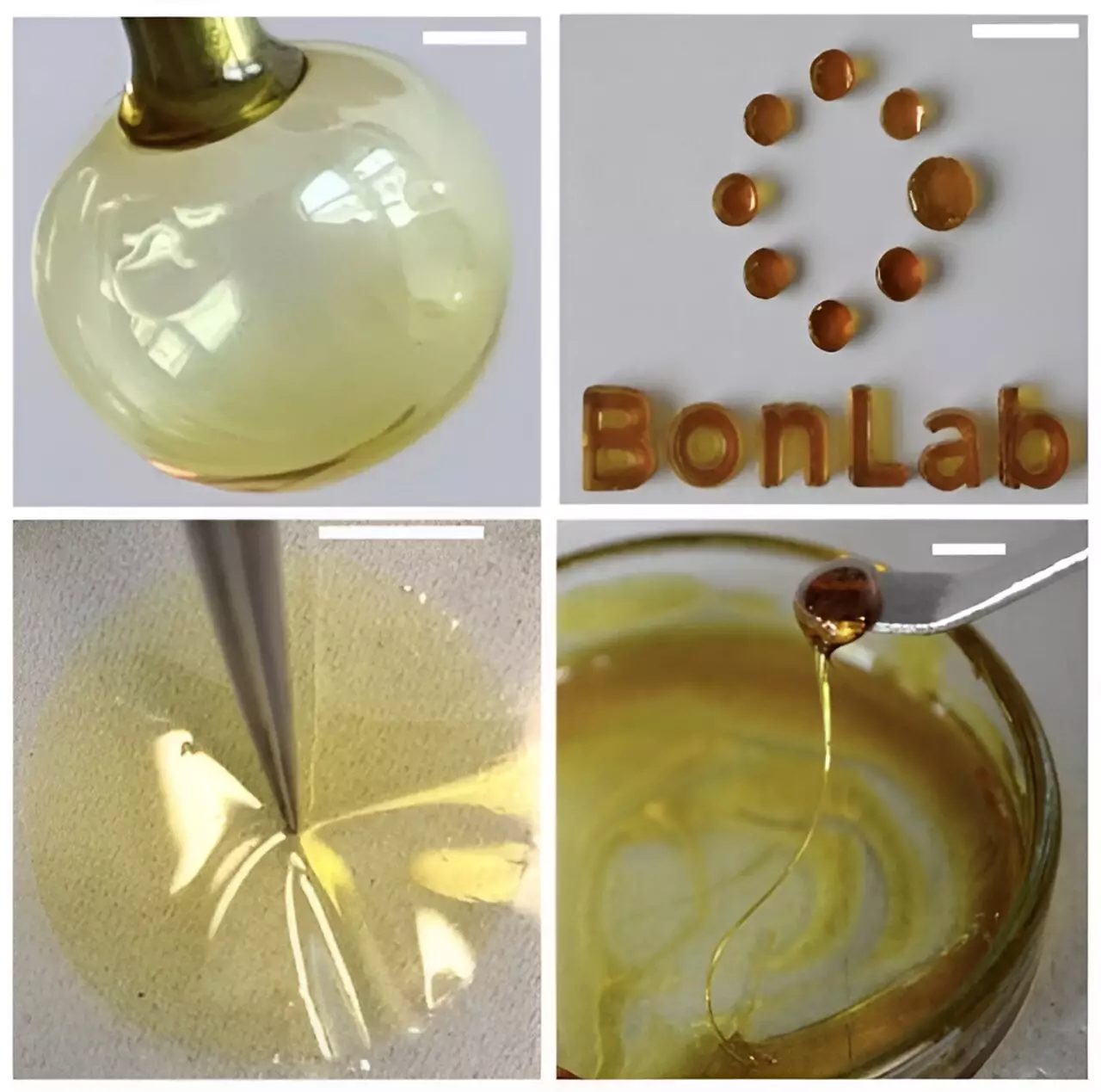Plastics have been an essential part of modern manufacturing for decades, but their negative impact on the environment has driven the search for eco-friendly alternatives. Researchers at The University of Warwick have made significant strides in finding sustainable options to traditional plastics by exploring organic eutectics as a promising solution.
The team at The University of Warwick has identified that certain mixtures of small organic molecules, known as organic eutectics, have the potential to replace polymers in various products. These materials, created by combining crystalline components, form interesting glasses and viscous liquids that offer a sustainable alternative to conventional plastics.
Through advanced techniques such as differential scanning calorimetry and UV-vis spectroscopy, the research team carefully crafted a series of hydrophobic eutectic molecular liquids and glasses. The compositions of these eutectics were precisely determined, ensuring accuracy in identifying the optimal material blends for different applications.
One of the key challenges in creating sustainable plastic alternatives is ensuring long-term stability. The team at Warwick addressed this by testing the amorphous materials over an extended period, confirming their resistance to crystallization. Additionally, the researchers examined the rheological properties of the eutectic materials and found that they exhibited low fragility indices, making them suitable for various manufacturing processes.
The researchers demonstrated that the properties of the eutectic materials could be tailored to specific applications by blending different eutectic systems or incorporating plasticizers. This customization opens up opportunities for the development of high-performance materials that can replace traditional polymers in a variety of applications.
Prof. Dr. ir. Stefan Bon, lead investigator of the research, highlighted the potential of organic eutectic systems in the formulation industry. By studying the interactions of these mixtures on a molecular level, the researchers have paved the way for the development of sustainable materials with unique physical properties that exceed initial expectations. This research opens up possibilities for applications beyond plastics, such as drug delivery systems.
The study conducted by The University of Warwick researchers on organic eutectics represents a significant advancement in the search for sustainable plastic alternatives. By creating materials with unique properties and high stability, the team has laid the foundation for the development of eco-friendly alternatives to conventional plastics. The versatility and customization potential of organic eutectics offer promising opportunities for a wide range of applications in various industries.


Leave a Reply